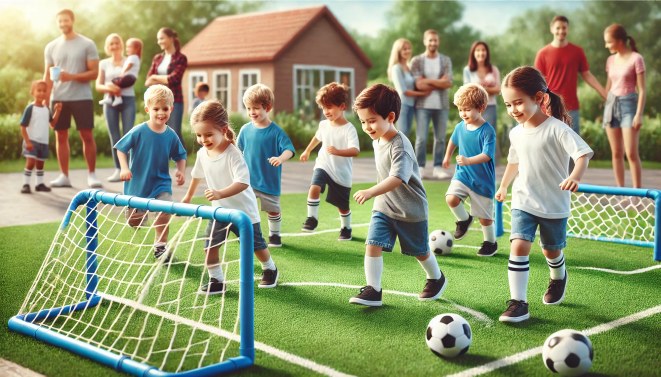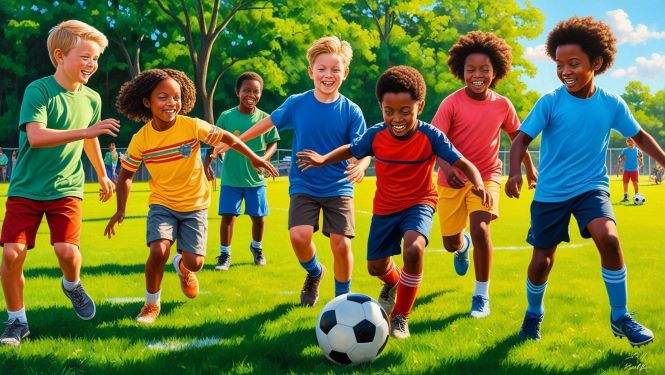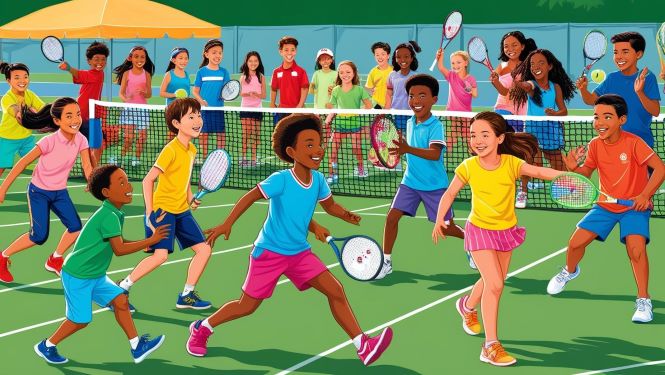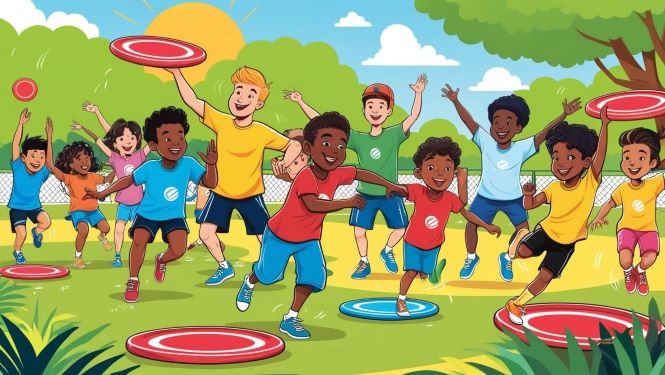Blog
Articles

The Importance of Early Sports Development
Starting young can make all the difference! Learn how early sports participation helps build motor skills, confidence, and teamwork in kids, setting the foundation for lifelong success in athletics.
Sports are more than just games or physical activities; they are vital tools for shaping individuals' mental, physical, and emotional well-being. Early sports development lays the foundation for lifelong health, social skills, and personal growth. Here’s an in-depth look at why fostering a love for sports from a young age is crucial.
1. Physical & Health Benefit
Introducing children to sports early promotes physical fitness
and a healthy lifestyle. Regular physical activity helps:
Develop strong bones and muscles.
Improve cardiovascular health
Maintain a healthy weight and prevent obesity.
Enhance motor skills, balance, and coordination.
By instilling the habit of regular exercise, early sports participation sets the stage for long-term health benefits and reduces the risk of chronic illnesses like diabetes and heart disease.
2. Mental & Emmotional Growth
Sports are excellent for boosting mental health and emotional resilience.
They teach children to handle success and failure gracefully, enhancing their
emotional intelligence. Early sports involvement also:
Reduces stress and anxiety by releasing endorphins.
Improves focus, discipline, and self-regulation.
Builds self-esteem through achievements, no matter how small.
Children who engage in sports early are more likely to develop a positive self-image and a “can-do” attitude that extends beyond the playing field.
3. Development & Social Skills
Sports are inherently social activities. They encourage teamwork, communication, and mutual respect among players. Through sports, children learn to:
Work collaboratively towards a common goal.
Respect rules, referees, and opponents.
Build relationships with peers, fostering friendships and camaraderie.
These interactions prepare children for real-world social situations, making them better equipped to navigate relationships in school, work, and beyond.





